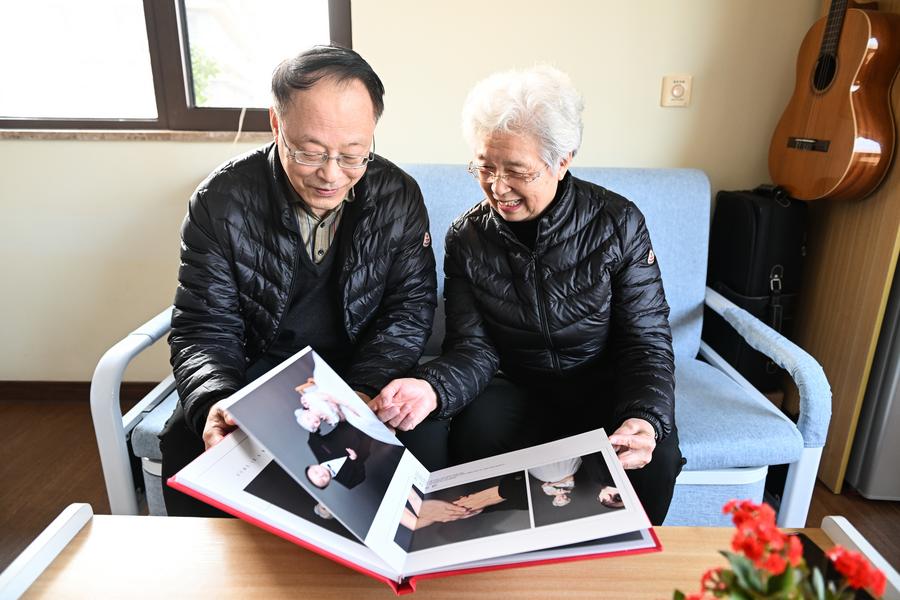Aging creates opportunities for the silver economy
By Yao Yuxin | chinadaily.com.cn | Updated: 2024-04-26 20:12

Experts from academia and industry have stressed the need to significantly expand the silver economy to address the growing mismatch between new demands and supplies associated with an aging population in China. They were speaking at a forum jointly organized by the Aging Society 30 Forum and the Pangoal Institution on Thursday.
"Aging is not the problem, it's our inability to adapt that is," said Liang Chunxiao, senior expert of the Aging Society Research Center at the Pangoal Institution.
According to Liang, aging is a testament to modernization and civilization. However, since social systems were originally designed for a younger demographic, they now face significant challenges in adapting to an aging society.
"The real issue we need to address is this mismatch, not aging itself," he said.
According to the latest data from the Ministry of Civil Affairs, by the end of 2022, China's population aged 65 and older has surpassed 200 million, representing 14.9 percent of the total population. By United Nations standards, this confirms that China has officially entered an aging society.
"The silver generation has become a new growth engine for various platforms," said Zhang Jianke, MBA social mentor at the School of Economics and Management, Beihang University.
He said both on social media as well as on mobile shopping platforms, the number of older users is growing rapidly. However, the market response to this consumer trend is "inadequate, misaligned, and uneven".
"Every industry has the opportunity to reinvent itself within the aging sector, as there is ample room to improve products, services, and facilities," Zhang said.
He gave an example of how there are 76,000 universities for senior citizens in China with 13 million students, accounting for 4.6 percent of the population aged 60 and above, highlighting the opportunities that exist in such a market.
Dou Ruigang, head of Tencent's silver high-tech lab, said as the population ages, it becomes increasingly crucial to rely on technology and digitization to improve service efficiency and reduce dependence on personnel.
Dou said understanding the genuine needs of the elderly is crucial for developing technology products tailored for them, while bridging the gap between technology and elderly users is also essential. Otherwise, products developed with great effort often end up gathering dust on the shelves.
He said hearing loss among China's elderly, affecting around 120 million people, is significantly overlooked. Less than 6 percent use hearing aids, contrasting sharply with the United Kingdom's nearly 50 percent usage. This urgent gap demands attention.
Tian Lanning, founder of SSIDC Senior Service Informatics Innovation Research Center, said she feels the urgent need for establishing robust social support and caregiving systems, which both policy and industry must focus on addressing effectively.
"What's beneficial to the elderly is actually beneficial for everyone," she said.
Aging expert Liang Chunxiao delivers a keynote speech at the forum.
























